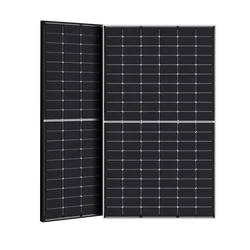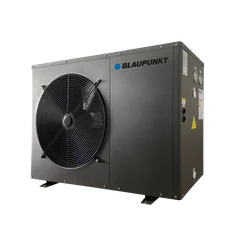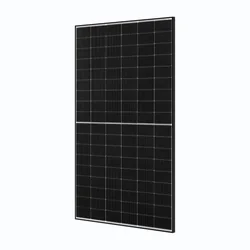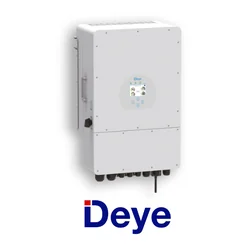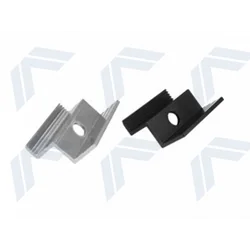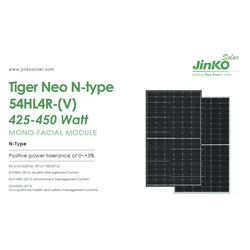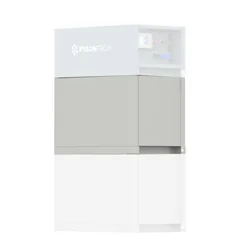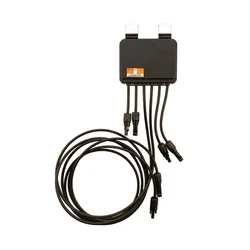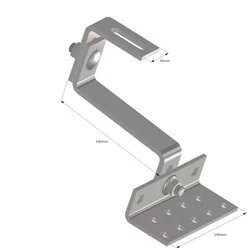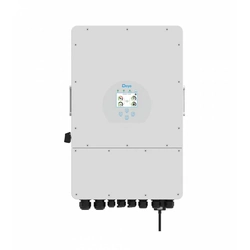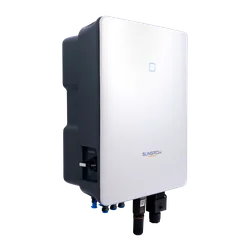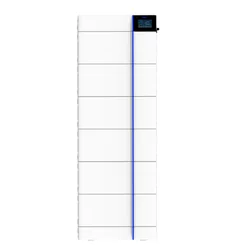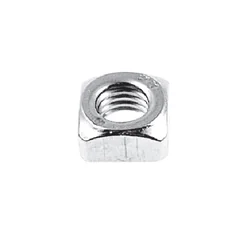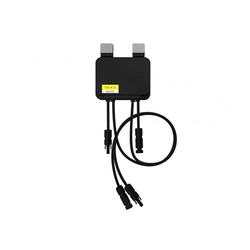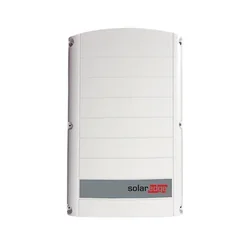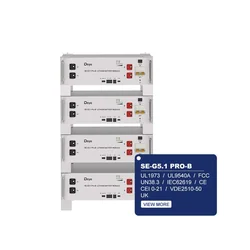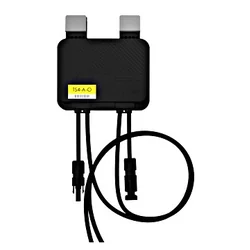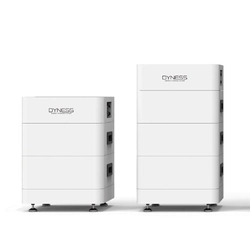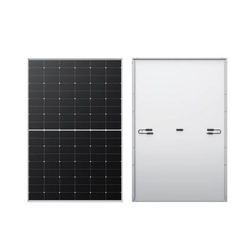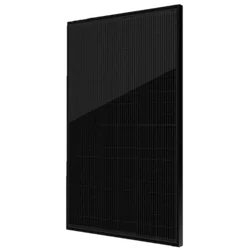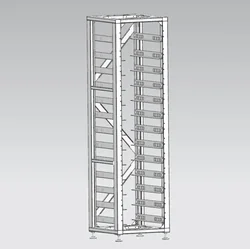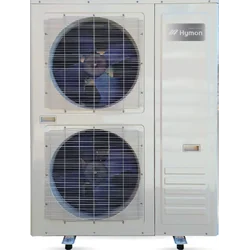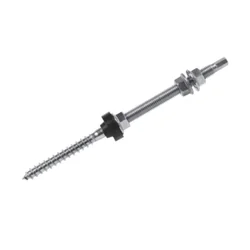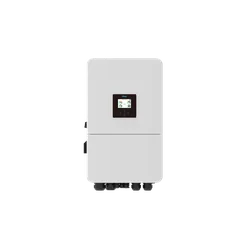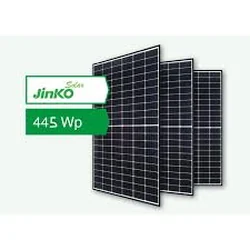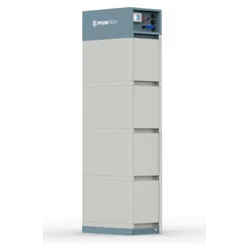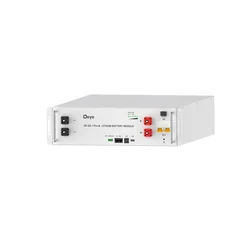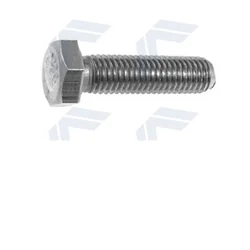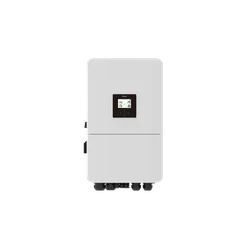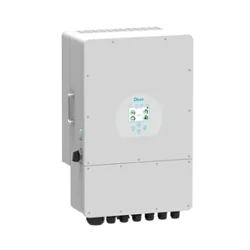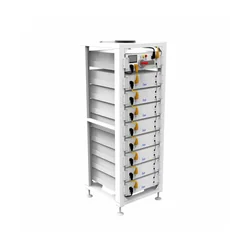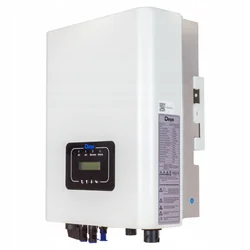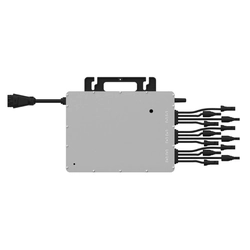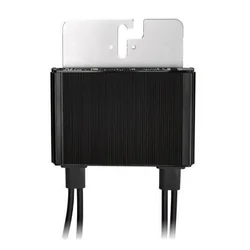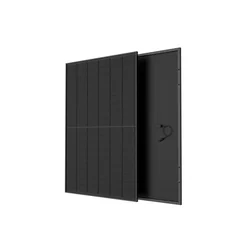The role of digitalization and smart grids in optimizing renewable energy production and distribution
The role of digitalization and smart grids in optimizing renewable energy production and distribution
In the era of climate change and energy transition, the role of digitalization and smart grids in optimizing renewable energy production and distribution has become increasingly significant. As the world strives to reduce its carbon footprint, renewable energy sources such as wind, solar, and hydroelectric power are becoming more prevalent. However, the intermittent nature of these sources presents a unique set of challenges. This is where digital technologies and smart grid systems come into play, enhancing the efficiency and reliability of renewable energy production and distribution, and offering substantial benefits to industrial entrepreneurs.
Soojuspump 10kW BLAUPUNKT BLP10P3V1M monoblokk

JA Solar JAM54D40 450/LB Mono Bifacial High Perfomance Must raam
The Power of Digitalization
The Power of Digitalization
Digitalization is transforming the renewable energy sector by providing advanced tools for data analysis, predictive modeling, and real-time monitoring. These technologies enable energy producers to optimize their operations, reduce costs, and improve the reliability of their energy supply. For instance, predictive analytics can forecast weather conditions and adjust the operation of wind turbines or solar panels accordingly, maximizing energy production. Real-time monitoring, on the other hand, allows for immediate detection and resolution of issues, minimizing downtime and loss of energy. For industrial entrepreneurs, these capabilities translate into more reliable energy sources and significant cost savings.

VARIO katusekonks fotogalvaanikale kahekordse reguleerimisega 140mm paks 1.4016

Äärikuga DIN roostevabast terasest mutter 6923 M10 A2 304
Sungrow SG10RT (3P, 2MPPT, Wifi) inverter

JinkoSolar fotogalvaaniline moodul JKM575N-72HL4-BDV 575W Hõbe

DIN-kantmutter 557 M8 roostevabast terasest klambrite/profiilide jaoks A2 AISI304 võtmeava
The Promise of Smart Grids
The Promise of Smart Grids
Smart grids, enabled by digital technologies, are revolutionizing the way we distribute and consume energy. These intelligent networks can balance supply and demand in real-time, integrate a wide range of energy sources, and automatically respond to power outages. By doing so, they enhance the efficiency and reliability of renewable energy distribution. For instance, if a cloud covers a solar farm, a smart grid can instantly draw power from other sources, such as wind turbines or energy storage systems, ensuring a stable energy supply. This flexibility and resilience are particularly beneficial for industrial entrepreneurs, who require a steady and reliable energy supply for their operations.

Tigo TS4-A-O võimsuse optimeerija (maksimaalse võimsusega moodulite jaoks 700 W)1500V
Päikese serv SE33.3K-RW00IBNM4

Spetsiaalne Bi-Metal M6x25 isekeermestav kruvi trapetsikujuliste sildade jaoks

GROWATT võrguväline inverter SPF 6000ES PLUS, 48VDC MPPT 100A, WiFi

Fotogalvaaniline moodul PV paneel 435Wp Longi Solar LR5-54HTH-435M Hi-MO 6 Explorer must raam Must raam
The Benefits for Industrial Entrepreneurs
The Benefits for Industrial Entrepreneurs
For industrial entrepreneurs, the optimization of renewable energy production and distribution through digitalization and smart grids offers numerous benefits. Firstly, it provides a more reliable and stable energy supply, reducing the risk of power outages and their associated costs. Secondly, it enables a more efficient use of energy, which can lead to significant cost savings. Lastly, it supports the integration of their own renewable energy installations into the grid, allowing them to generate and sell their own energy, creating an additional revenue stream. Moreover, by relying on renewable energy, industrial entrepreneurs can enhance their sustainability credentials, which is increasingly important in today's environmentally conscious business environment.

JA Solar JAM54D41 445/LB 445W Suure tõhususega mono bifacial täismust (konteiner)
Hymoni soojuspump RSV-15AS/C 15KW monoblokk

Kahe keermega kruvi M10x200 sarikatele KAHEKEEMEGA 10*200 komplektis mutrite ja EPDM-iga

Jinko Tiger Neo N-tüüpi JKM445N-54HL4R-V (445 W, must raam)
In conclusion, digitalization and smartgrids are playing a pivotal role in optimizing renewable energy production and distribution. By harnessing the power of these technologies, we can overcome the challenges associated with renewable energy, enhance its efficiency and reliability, and unlock significant benefits for industrial entrepreneurs. As we continue to innovate and advance in this field, the future of renewable energy looks brighter than ever.
